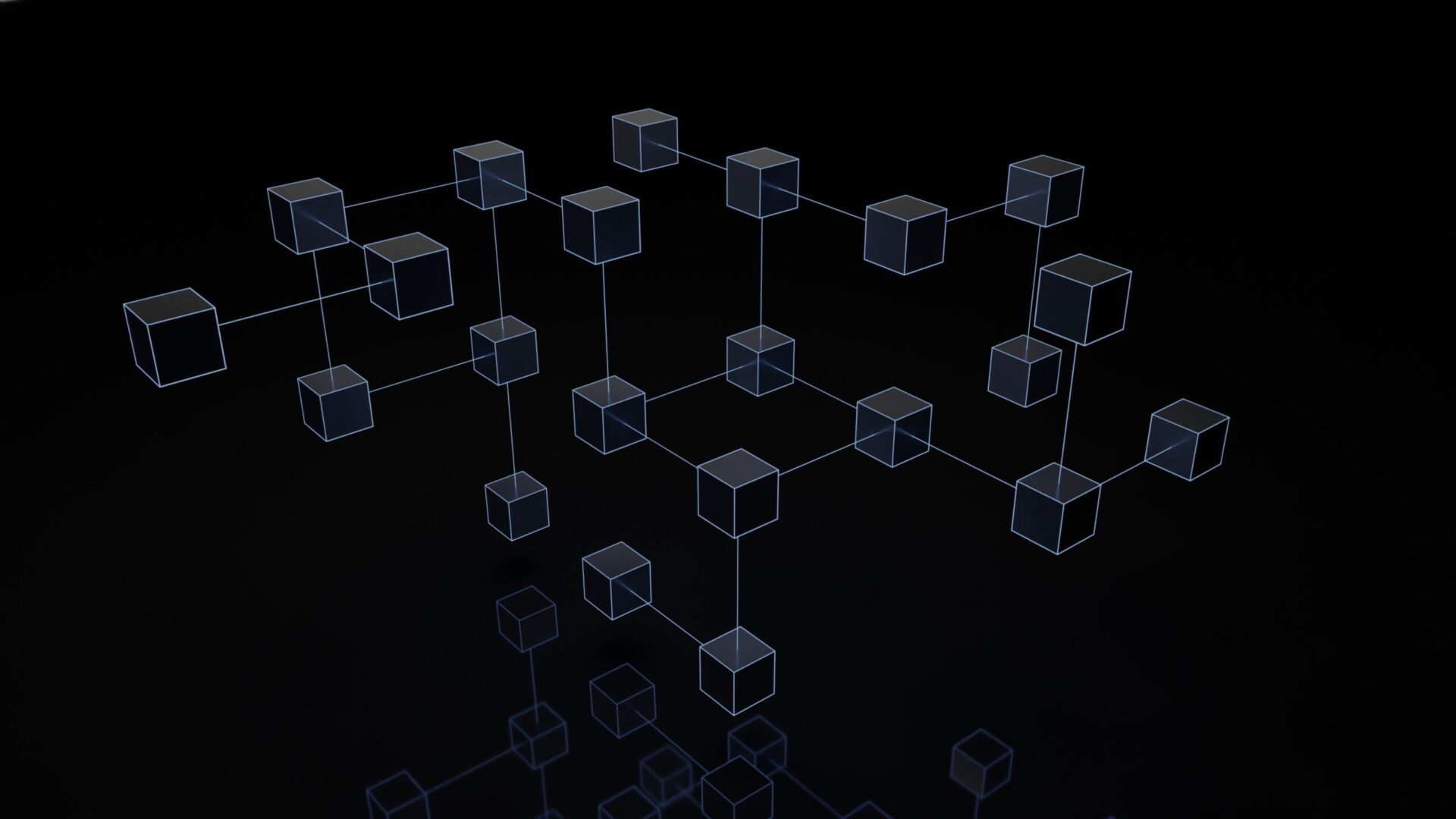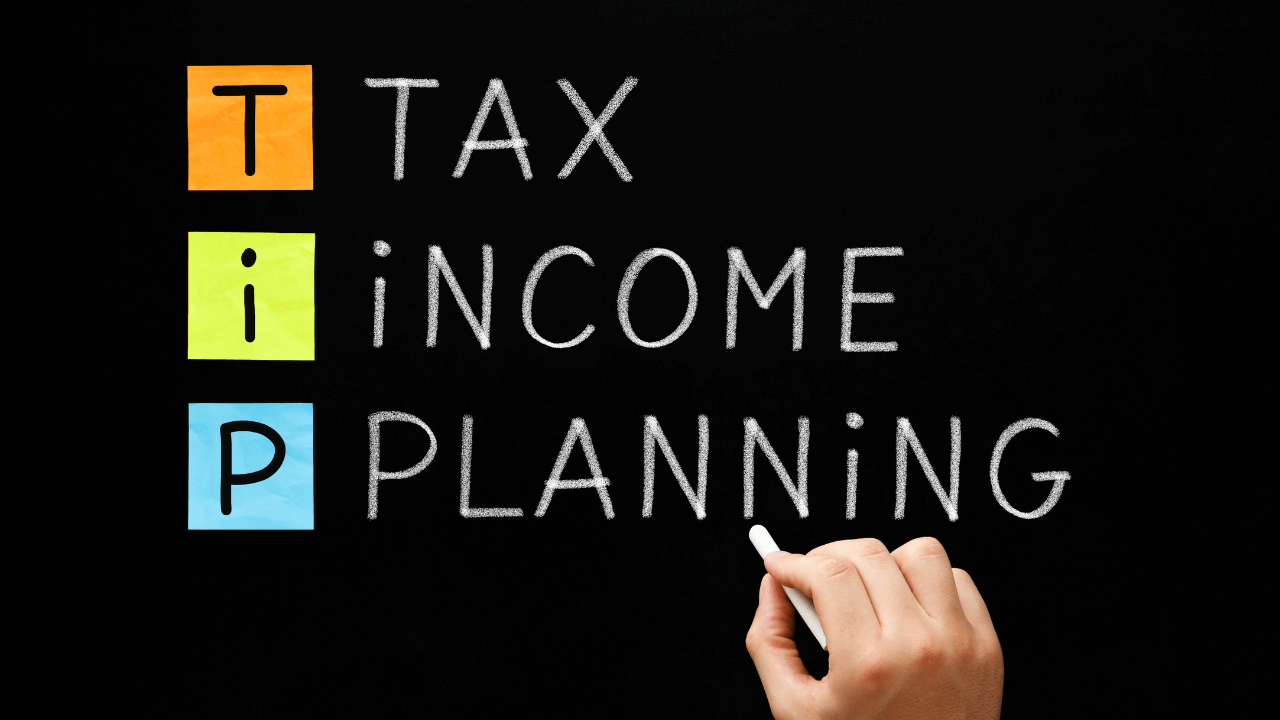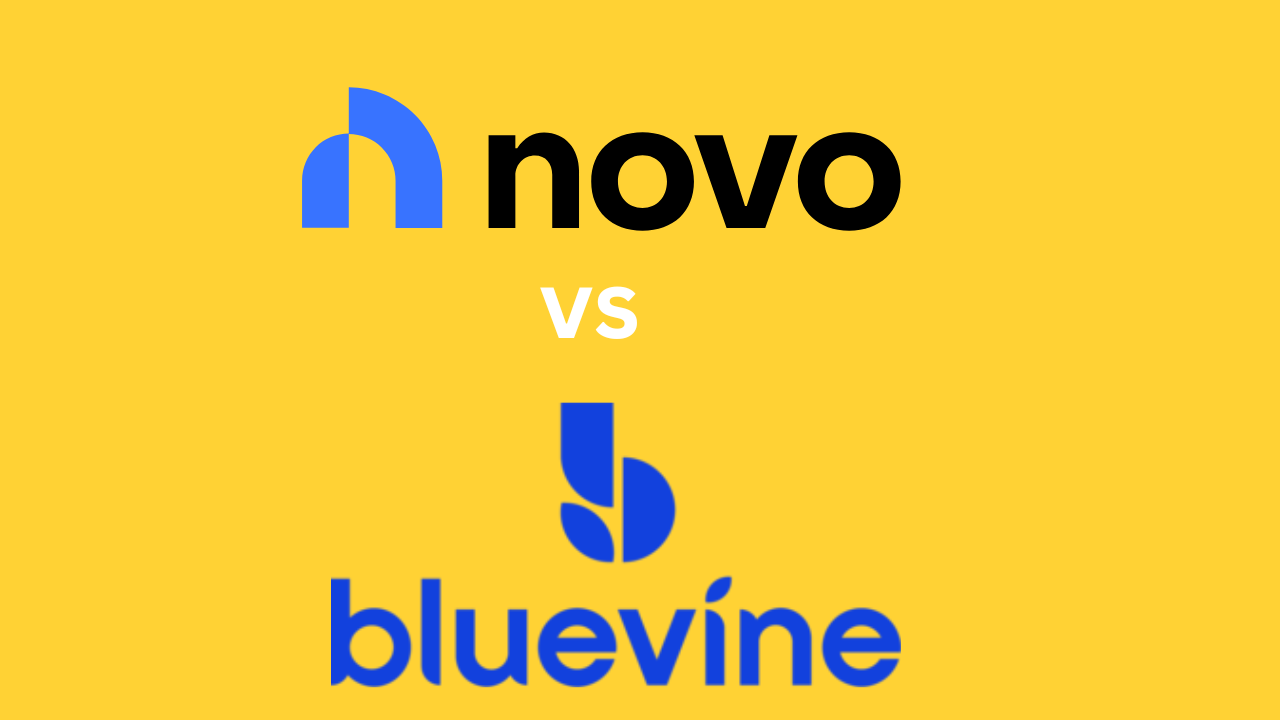Language:
The Rise of Decentralized Autonomous Organizations (DAO) in 2022
Decentralized Autonomous Organizations (DAOs), where groups with similar interests or beliefs are connected through a virtual marketplace, are predicted to be a trend in 2022. However, to be a widespread phenomenon, the legality of forming DAOs must be decided.

3mThe Rise of Decentralized Autonomous Organizations (DAO) in 2022
Decentralized Autonomous Organizations (DAOs), where groups with similar interests or beliefs are connected through a virtual marketplace, are predicted to be a trend in 2022. However, to be a widespread phenomenon, the legality of forming DAOs must be decided.
What Is Decentralized Autonomous Organization (DAO)?
Decentralized autonomous organizations (DAOs) are a new form of legal structure. With no central governing body, every member in the DAO typically has a common goal and attempts to act in the entity’s best interest. Popularized by cryptocurrency enthusiasts, DAOs are most often implemented through blockchain technology.
Emerging Systems in Finance
Blockchain protocols are still in development, but they have already demonstrated systems for rethinking traditional finance and supply operations. Decentralized Finance (DeFi) and cryptocurrency are excellent first examples of how technology will disrupt traditional industries. Though still very much in their infancy, blockchain protocols will change how humankind organizes itself. DAOs are the emergence of this global connection; smart contracts automatically executed based on an agreed-upon set of rules remove the need for centralized organizations with too much decision-making power.
Because technology connects members with a decentralized peer-to-peer system that works together through a token instead of a hierarchical management structure, members have specific rights under the DAO they have bought into. Organizations won’t need to worry about micro-level information when team members are acting autonomously in their roles.
The Wyoming Limited Liability Act
DAOs share characteristics with almost all legal entities, such as general and limited liability partnerships, corporations, non-profits, and cooperatives. At first, Wyoming allowed DAOs to operate as LLCs under a new category that applies only to DAOs created by Wyoming’s Limited Liability Act.
This type of legal structure was instituted in Wyoming to shield individual members from personal liability for actions by the DAO. Limited partnerships, or LPs, and LLCs are partnerships that provide the same protections for their members. However, the DAO’s management is held accountable to the other members of the DAO rather than to outside investors. Unlike traditional hierarchical corporations or entities where management has a fiduciary duty to the DAO, all members of the DAO share responsibility for participation and equal access to information.
As Wyoming leads the way, other states could recognize two types of DAOs: member-managed or algorithmically managed. Member-managed DAOs are governed through blockchain-based voting mechanisms. In this case, decision-making power is vested in the members, and majority decisions rule. Algorithmically managed DAOs are entirely controlled by their smart contracts, with similar membership and voting rights rules. Both types of DAOs will be recognized by Wyoming law, and smart contracts will be considered legally valid as Articles of Incorporation.
DAOs in the Real World
Although DAOs have many advantages, such as transparency, tamper-resistant, and the ability to raise and deploy funds quickly, some questions need to be answered. For example, how does a DAO open a bank account or contract with service providers?
DAOs are having problems with contracting with service providers. And the legal structure of a firm might need to be changed to interact with a DAO. Corporations need to include supplemental terms in their Terms of Service that would apply specifically to a DAO or develop contract templates for services for a DAO that can easily be presented and voted on by a DAO.
Conclusion
All DAOs are different and will encounter different challenges on their way to success. They must follow the same company or corporate governance model described here. Beyond that, it’s up to them to choose how they want to structure and run their DAO. The only way for such an entity to exist is for current legal structures to create new categories for them in a way that will consider their differences. Ultimately, how a group decides to govern itself and how it interacts with its centralized world will determine its success.
Doola is a trusted partner for helping global entrepreneurs confidently form their companies in the US. We help our customers incorporate, access US payment systems, and stay legal year after year through continued support, business basics, and a global-first mindset. Are you interested in creating a DAO LLC incorporation? We provide everything you need in one place. Our plan helps your business with annual reports, compliance, domains, and multiple helpful services so you can grow your new company without the hassle. Get in touch with us today to explore your options!
Keep reading
Start your dream business and keep it 100% compliant
Turn your dream idea into your dream business.















